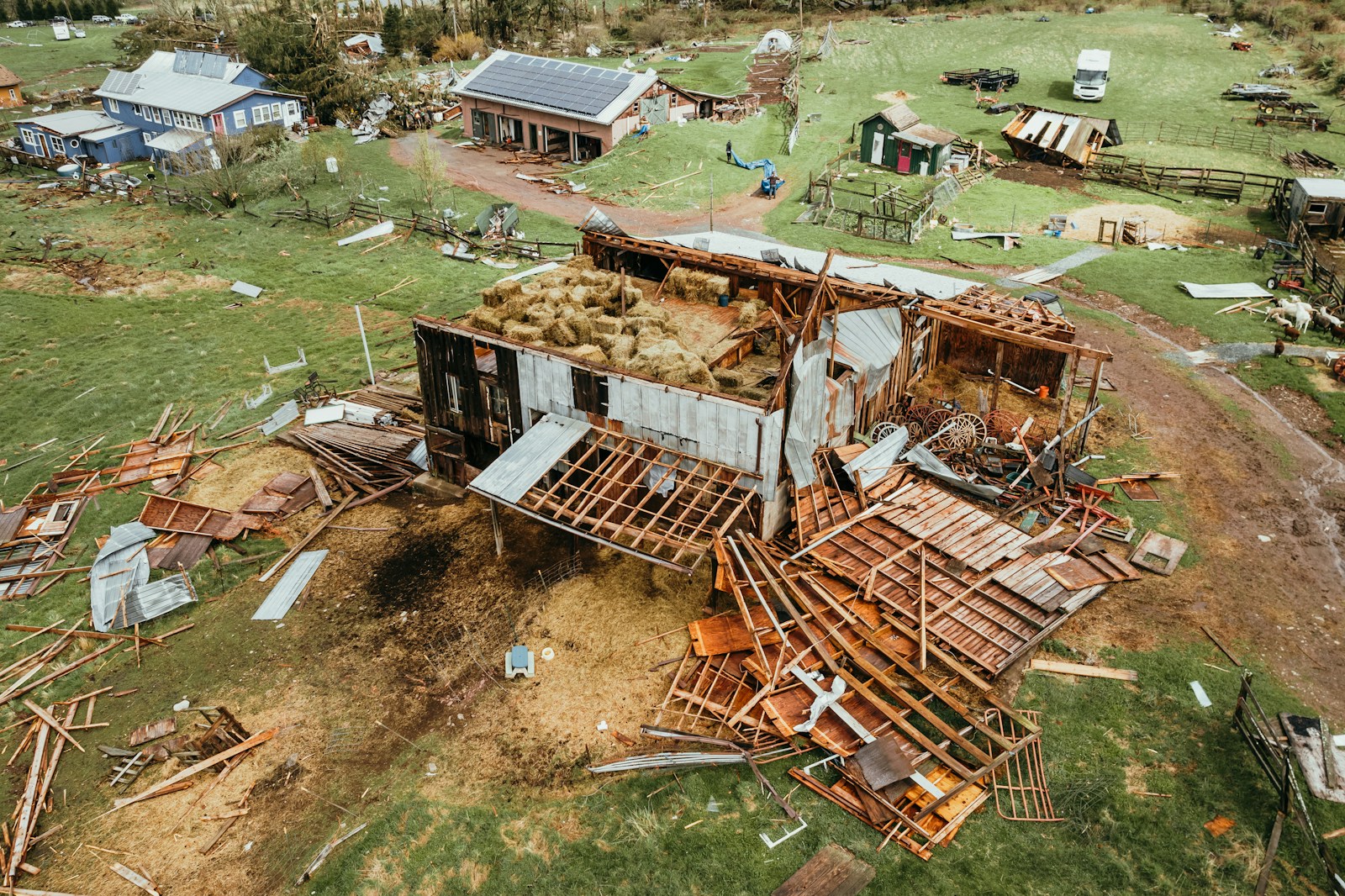Key Takeaways:
- Months after tornadoes hit Mississippi, residents are still waiting for federal aid.
- President Trump’s administration has not yet responded to the state’s request for disaster help.
- FEMA, the agency responsible for disaster aid, is undergoing leadership changes and may not be ready for the next hurricane season.
- Other Republican-led states, like Arkansas and Missouri, are also struggling to get federal assistance after similar disasters.
Tornadoes Leave Mississippi Residents Struggling
In March, powerful tornadoes tore through several small towns in Mississippi, leaving behind a trail of destruction. Seven people lost their lives, and hundreds of homes were damaged or destroyed. Months later, many families are still waiting for help from the federal government to rebuild their lives.
The state’s governor, Tate Reeves, asked President Trump’s administration for a federal disaster declaration on April 1. This declaration would unlock funding and resources from FEMA to assist affected areas. However, as of now, there has been no response.
One of the hardest-hit areas was Tylertown, a small town in southern Mississippi. Residents there say they’re frustrated and confused about why help hasn’t arrived.
“I know President Trump said, ‘America First, we’re gonna help our American folks first,’” said Bobby McGinnis, a Tylertown resident. “But we haven’t seen the federal folks down here.”
Another resident, Brian Lowery, added, “I don’t know what you got to do or what you got to have to be declared a federal disaster area because this is pretty bad. We’re just waiting on a letter, waiting on somebody to sign his name. I’m just over it.”
FEMA’s Leadership Issues Raise Concerns
The delay in Mississippi’s aid request comes at a time when FEMA is facing its own challenges. The agency recently went through a leadership shake-up. Cameron Hamilton, the former acting administrator of FEMA, was fired after disagreeing with President Trump about the agency’s future. Trump has reportedly considered shutting down FEMA in the past.
Adding to the concerns, an internal FEMA presentation revealed that the agency is “not ready” to handle the upcoming 2025 Atlantic Hurricane Season, which starts on June 1. This news has worried many, especially in states prone to hurricanes and tornadoes.
Mississippi Isn’t Alone in Its Struggle
Mississippi isn’t the only state dealing with this issue. Arkansas Governor Sarah Huckabee Sanders, a Republican, also applied for federal aid after tornadoes struck her state earlier this year. However, FEMA denied her request and her appeal.
In Missouri, Republican Senator Josh Hawley used his time during a Senate hearing to urge Homeland Security Secretary Kristi Noem to send help to his state after deadly tornadoes caused significant damage.
This pattern raises questions about why some states are being denied aid, even when disasters are severe. Many are wondering if politics or other factors are playing a role in these decisions.
A Growing Frustration
For residents in Mississippi and other affected states, the lack of federal aid is more than frustrating—it’s devastating. Many families are still living in damaged homes or temporary shelters, unable to rebuild without financial assistance.
Local governments are doing what they can, but they don’t have the resources to handle the scale of the damage alone. Without federal support, recovery efforts are moving slowly.
As the wait continues, residents are left feeling forgotten. They’re calling on their leaders to act quickly and provide the help they desperately need.
What’s Next?
As Mississippi waits for a response to its disaster declaration, one thing is clear: the delayed aid is causing real harm to families and communities. With FEMA’s readiness for the next hurricane season in question, many are worried about what the future holds.
For now, residents like Bobby McGinnis and Brian Lowery can only hope that someone in Washington will finally hear their voices and act.
“President Trump said he’d put America first,” McGinnis said. “But it feels like we’re not a priority.”
